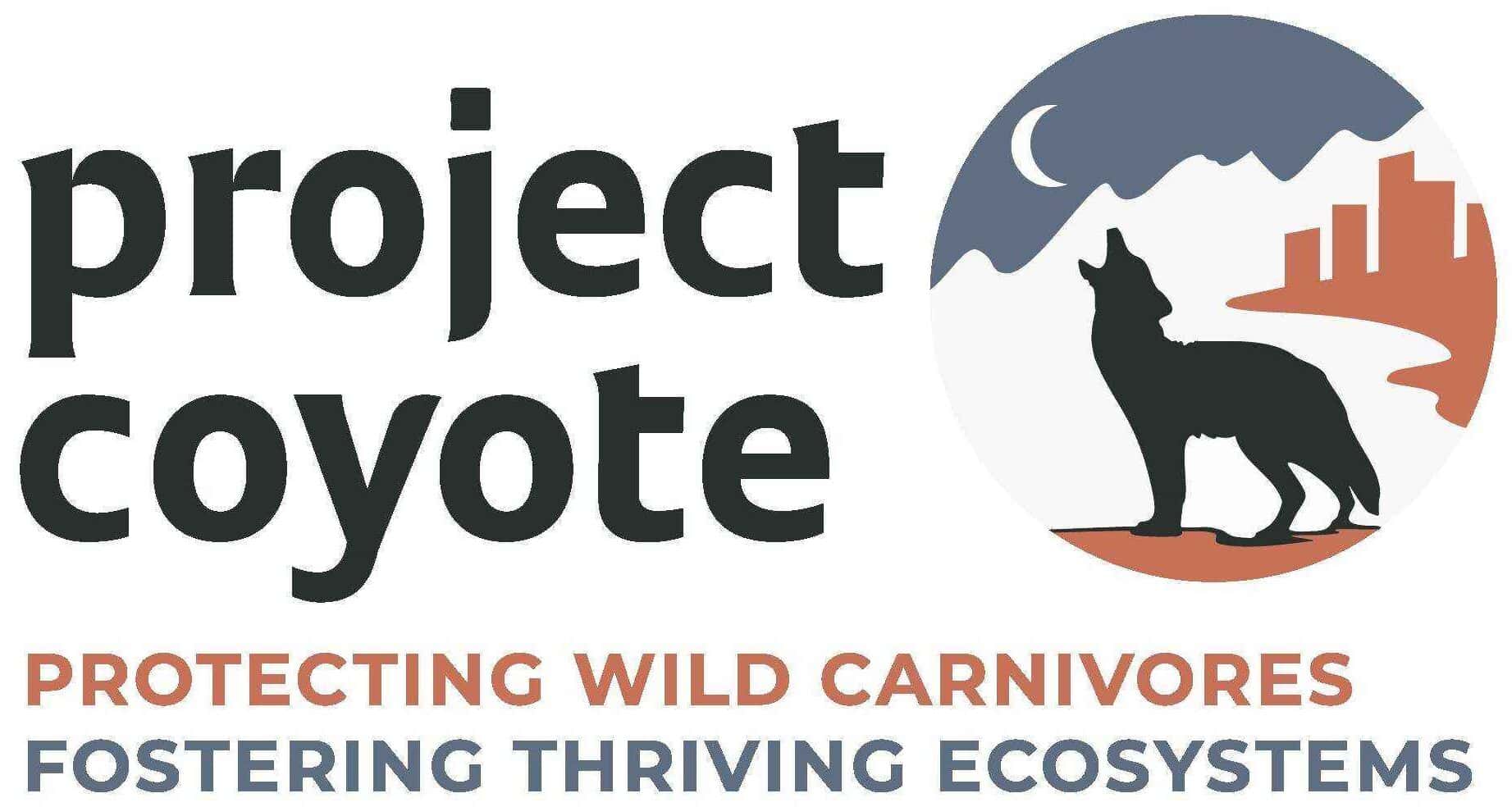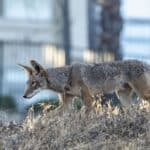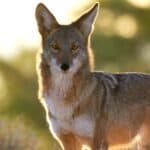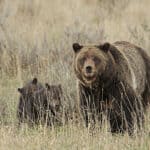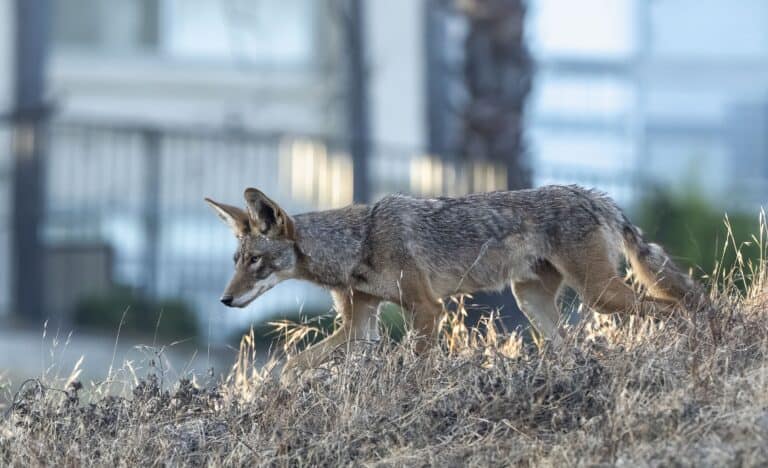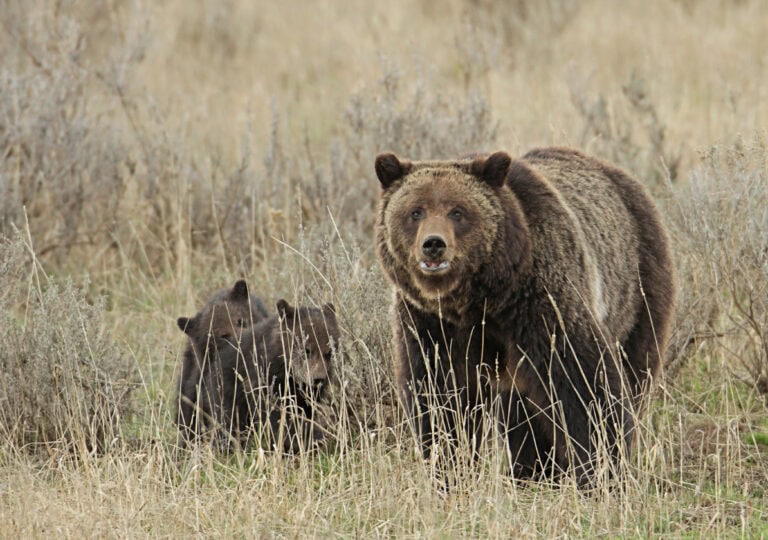Mendocino’s Wildlife Needs You!
Urge the Mendocino County Board of Supervisors to
end their contract with Wildlife Services and implement
a non-lethal coexistence program
Project Coyote and allies have been working for years to help usher Mendocino County into modern wildlife conservation by terminating its long-standing relationship with the rogue U.S. Department of Agriculture program misnamed “Wildlife Services.” In fact, Wildlife Services doesn’t serve wildlife—it serves ranching and agricultural interests. In 2020, California Wildlife Services killed 24,264 wild native animals statewide, including 56 black bears, 39 mountain lions ~ and 3,252 coyotes!
On March 23 at 9am Pacific Time, the Mendocino County Board of Supervisors will consider Agenda Item 6(a), which consists of two parts: (a) ending the County’s contract with Wildlife Services, and (b) implementing a non-lethal coexistence program. Please see below for how you can help by submitting comments ~ and please note that comments must be submitted by 8am PT on March 23!
Here’s how you can help:
1a. MENDOCINO COUNTY RESIDENTS: you have three ways to speak up:
1. Oral testimony at the meeting: Register to speak by filling out a telecomment form. Draft your testimony using the talking points below and stay within the three-minute limit.
2. Submit written comments by:
a. emailing bos@mendocinocounty.org, or
b. submitting eComment (only available 72 prior to the meeting).
3. Leave a voicemail at 707-234-6333 (we suggest following up with a short written comment to buttress your phone call).
1b. OTHER CALIFORNIA RESIDENTS: you have two ways to speak up:
1. Submit written comments by:
a. emailing bos@mendocinocounty.org, or
b. submitting eComment (only available 72 hours prior to the meeting).
1c. ALL CALIFORNIA RESIDENTS: Ask the Board to both:
1. terminate Mendocino County’s contract with the USDA Wildlife Services and its lethal Integrated Wildlife Damage Management (IWDM) Program, and
2. establish a Non-lethal Wildlife Damage Management (NWDM) Program to be administered locally.
2. Ask your friends and family in California—especially those in Mendocino County—to submit written comments before 8am PT on March 23 by sharing this alert through social media. You can share this direct link to the action alert, or you can click on “View it in your web browser” at the bottom of this alert.
* * * * *
Talking Points:
-
-
- Every year for nearly nine decades, Wildlife Services has killed thousands of wild animals with traps, guns, and other cruel methods, largely at the behest of private ranchers and other agricultural interests. This flies in the face of the Public Trust Doctrine which maintains that wildlife is held in the public trust and that we all have a say in how our wildlife is treated.
- Non-target species—including imperiled wildlife and domestic dogs and cats—fall victim to Wildlife Services’ lethal approach. One Mendocino federal trapper admitted to killing more than 400 dogs. Many non-target kills are not reported.
- A previous Draft Environmental Impact Report clearly demonstrates the serious impacts of Wildlife Services’ program. Mountain lion populations are particularly vulnerable.
- Mendocino County residents do not want their taxpayer dollars spent on an expensive and ineffective program that cruelly and needlessly kills wild animals.
- Mountain lions, bears, coyotes, bobcats, and other species targeted by Wildlife Services are ecologically vital species. The site-specific and cumulative impacts of their removal on ecosystem health can be profound.
- The best available scientific research shows that killing wildlife to reduce predation on livestock or damage to crops is rarely necessary and sometimes counterproductive. More info here.
- Ethics tell us that this needless killing of ecologically important wildlife is wrong.
- Many cost-effective non-lethal methods of addressing human-wildlife conflicts exist. More information here.
-
* * * * *
Thank you for helping protect California’s wildlife!
Camilla Fox
Founder & Executive Director
Michelle Lute, PhD
National Carnivore Conservation Manager
